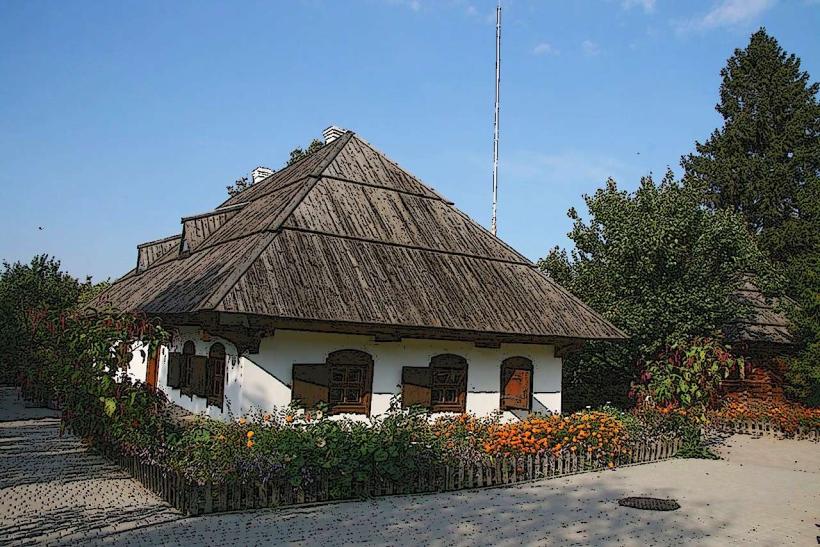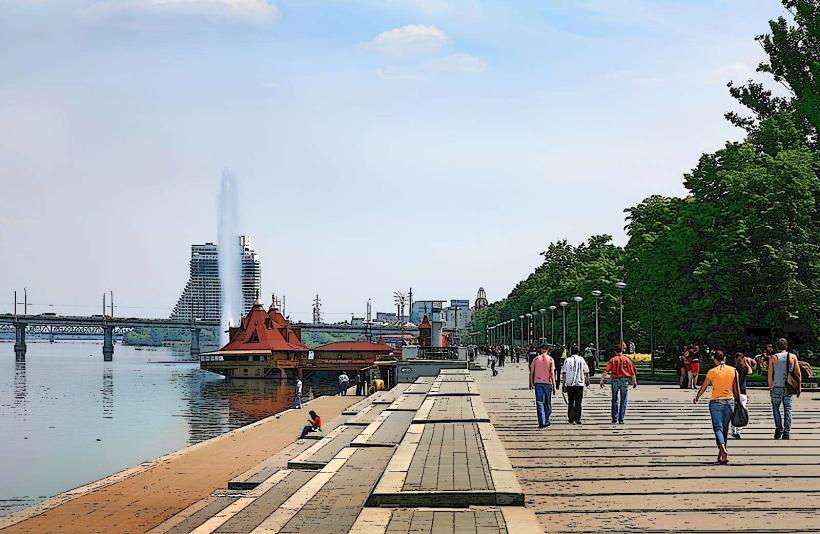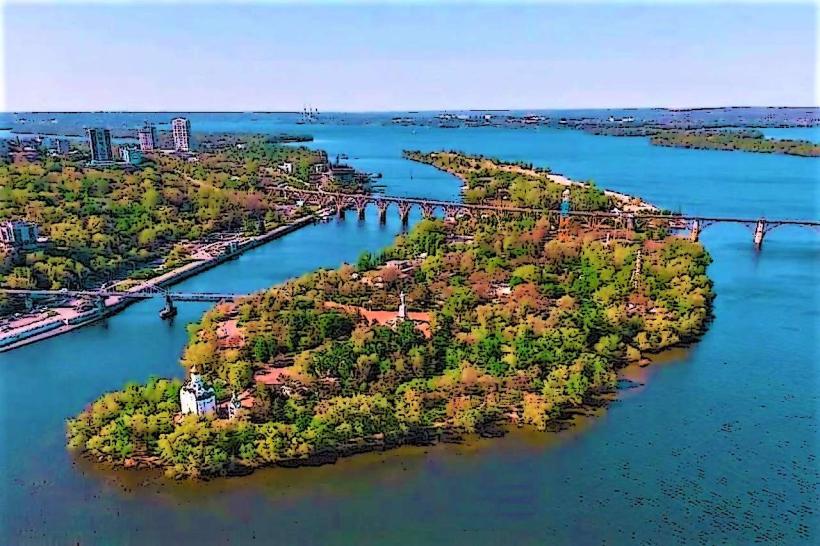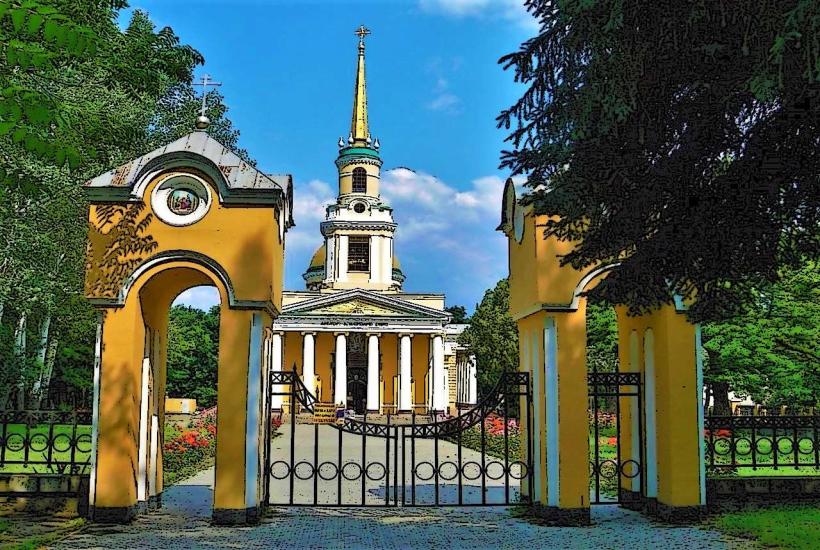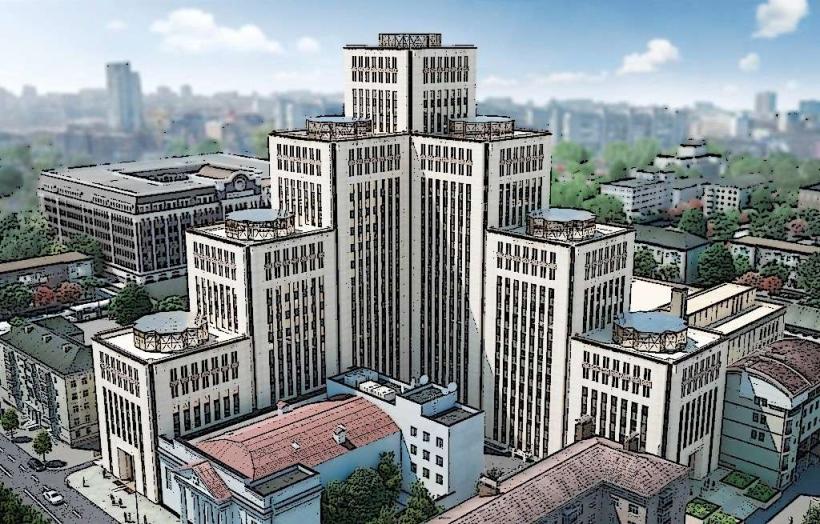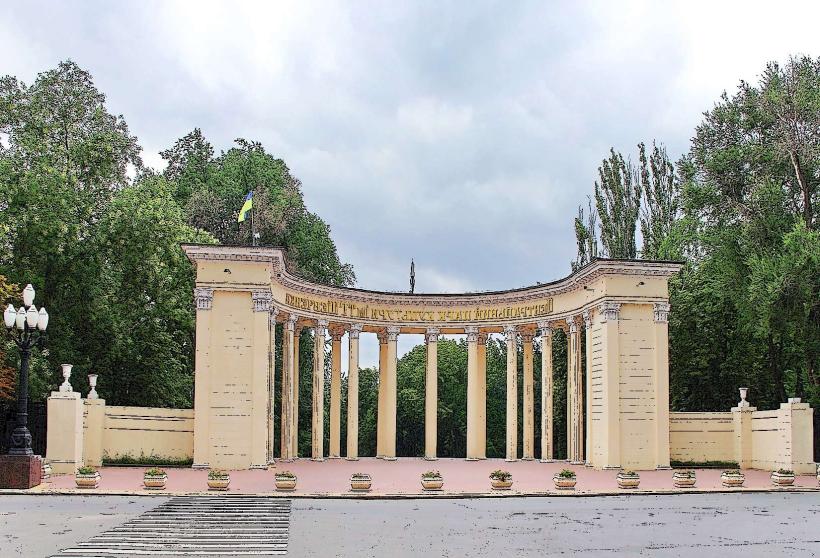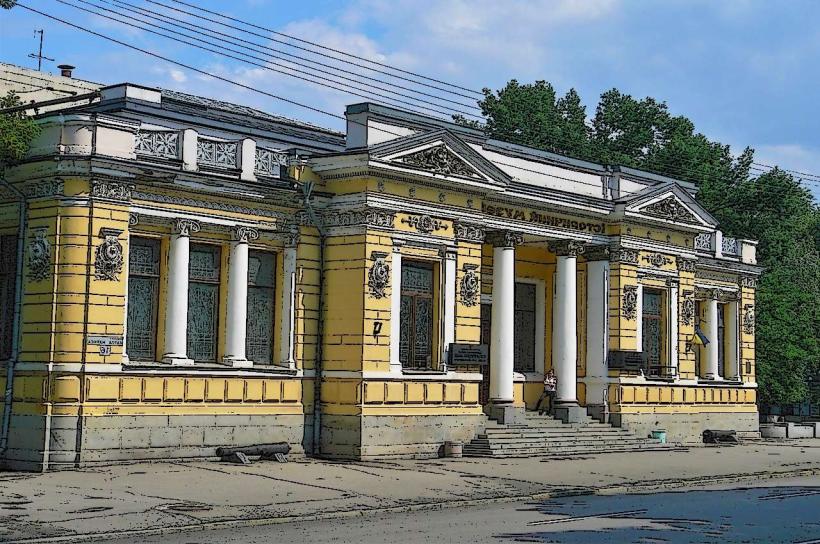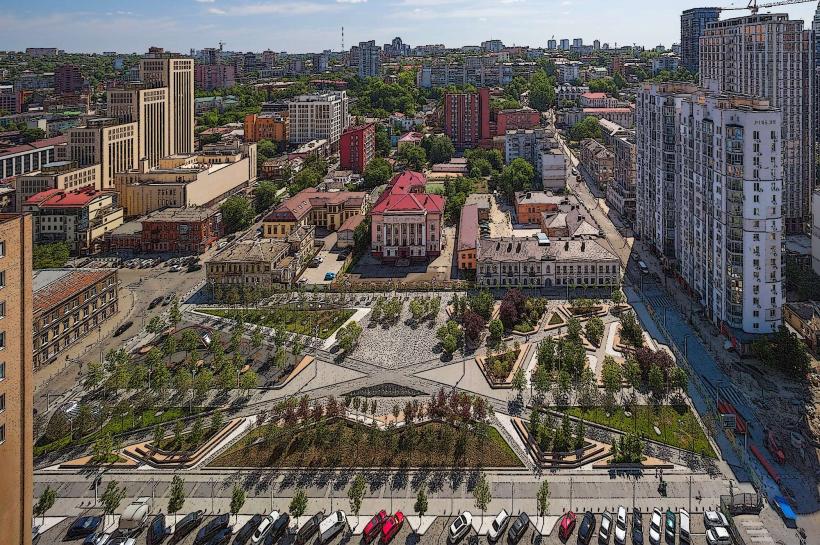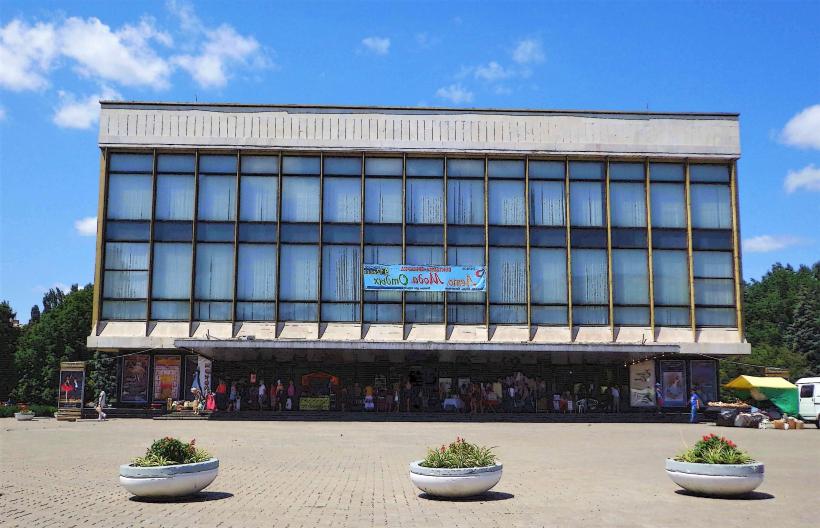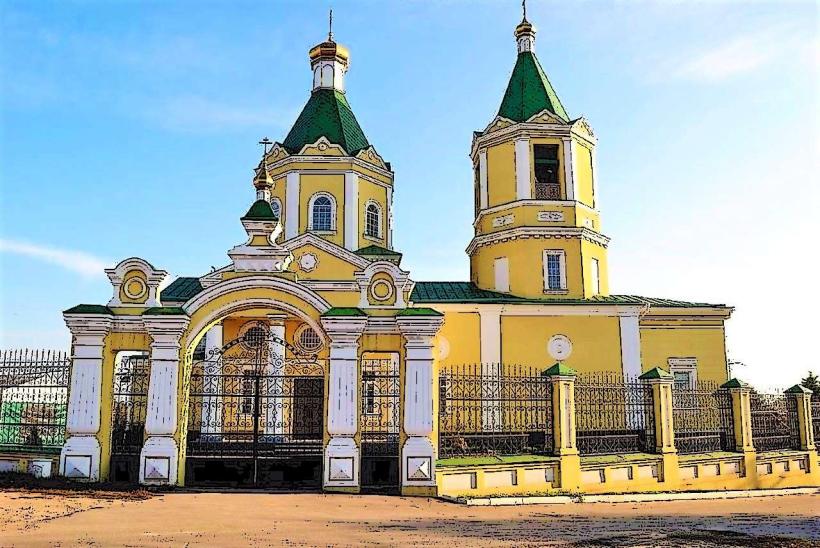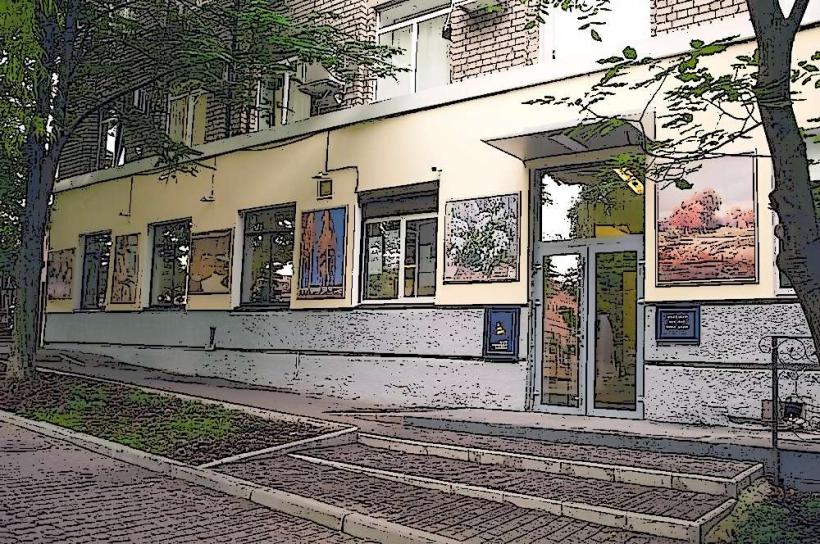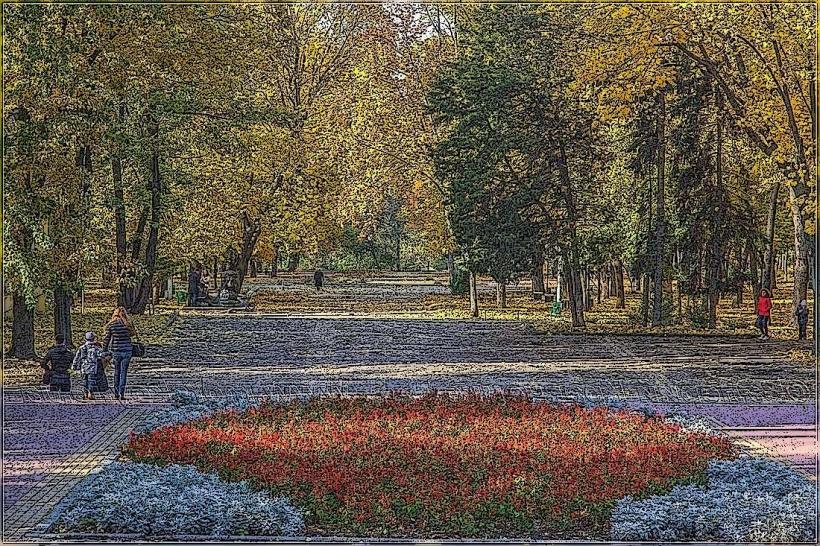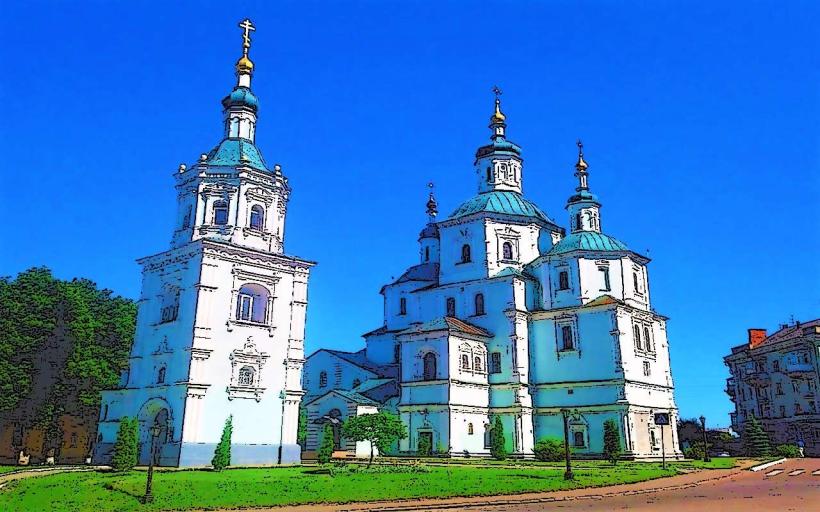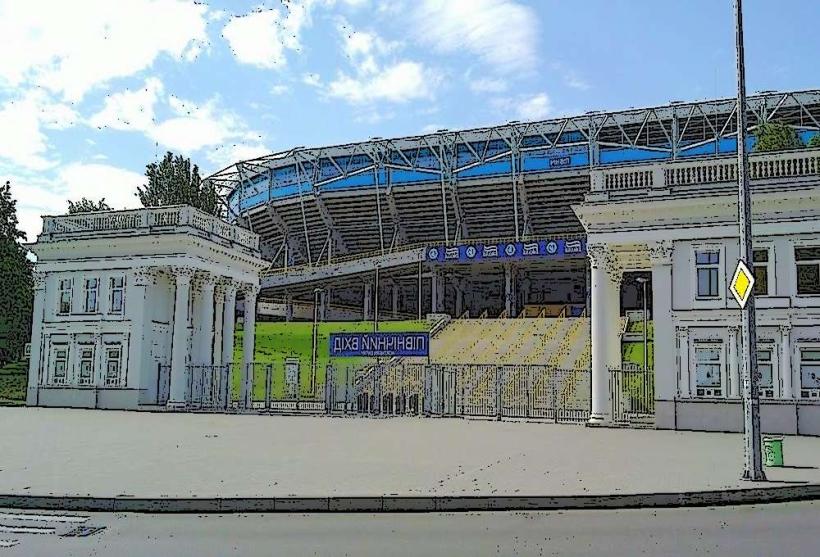Information
Landmark: Cathedral of the Holy TrinityCity: Dnipro
Country: Ukraine
Continent: Europe
Cathedral of the Holy Trinity, Dnipro, Ukraine, Europe
The Cathedral of the Holy Trinity is an Orthodox Christian cathedral located in Dnipro, Ukraine.
It serves as the primary religious site for the Eparchy of Dnipro.
Visual Characteristics
The cathedral is constructed primarily of brick, painted in a pale yellow hue. It features a central dome, characteristic of Byzantine architecture, topped with a golden cupola. The facade is adorned with white decorative elements around windows and cornices. The structure stands approximately 50 meters in height.
Location & Access Logistics
The cathedral is situated at Soborna Square in the central district of Dnipro. It is approximately 1 kilometer east of the Dnipro River embankment. Public parking is available on adjacent streets, though capacity is limited. Trolleybus lines 1 and 5 stop directly at Soborna Square.
Historical & Ecological Origin
Construction of the cathedral began in 1835 and was completed in 1862. The architect was Ivan Shtrom. It was originally built as a parish church and later elevated to cathedral status. The site was chosen for its central location within the growing city.
Key Highlights & Activities
Visitors can observe the interior architecture and religious iconography. Services are held daily. Photography inside the main sanctuary is permitted without flash.
Infrastructure & Amenities
Restrooms are available within the cathedral complex. Limited shade is provided by surrounding trees on Soborna Square. Cell phone signal (4G/5G) is generally strong in this urban area. Food vendors are present along the perimeter of the square.
Best Time to Visit
For interior photography, the morning hours (9:00 AM - 11:00 AM) offer diffused natural light. Any time of year is suitable for visiting, though outdoor viewing is more comfortable during spring and autumn months.
Facts & Legends
During the Soviet era, the cathedral was closed and used for various secular purposes, including storage. A local account suggests that during its repurposing, original frescoes were covered rather than destroyed, a detail that remains unverified but is widely recounted.
Nearby Landmarks
- Museum of the History of Dnipro (0.2km West)
- Dnipro City Council Building (0.3km Northwest)
- Shevchenko Park (0.7km South)
- National Metallurgical Academy of Ukraine (0.9km East)

